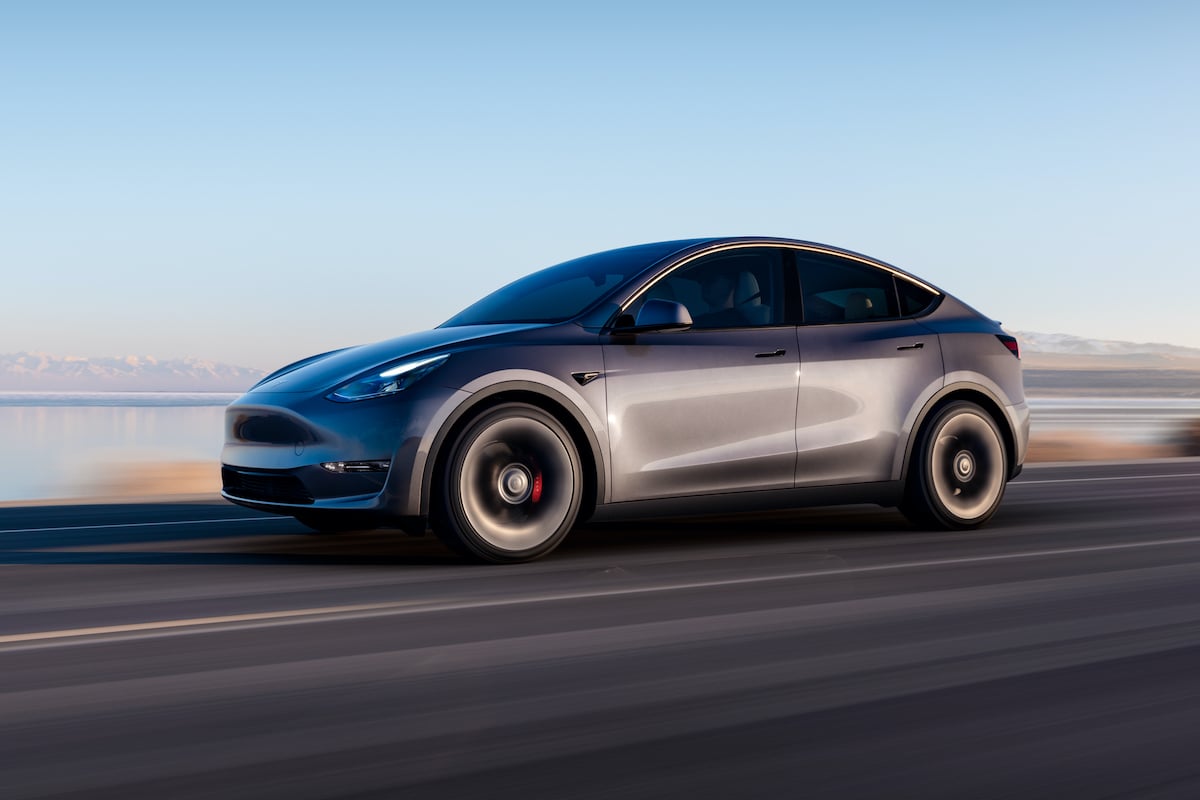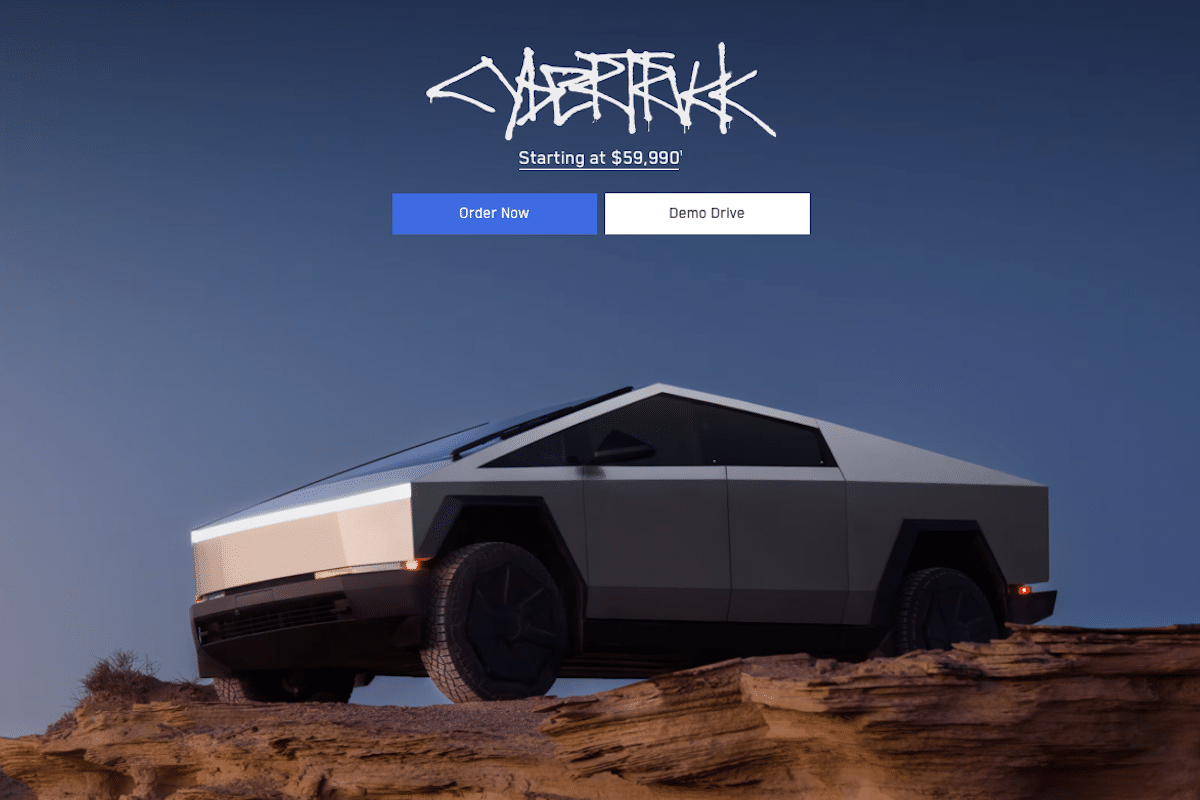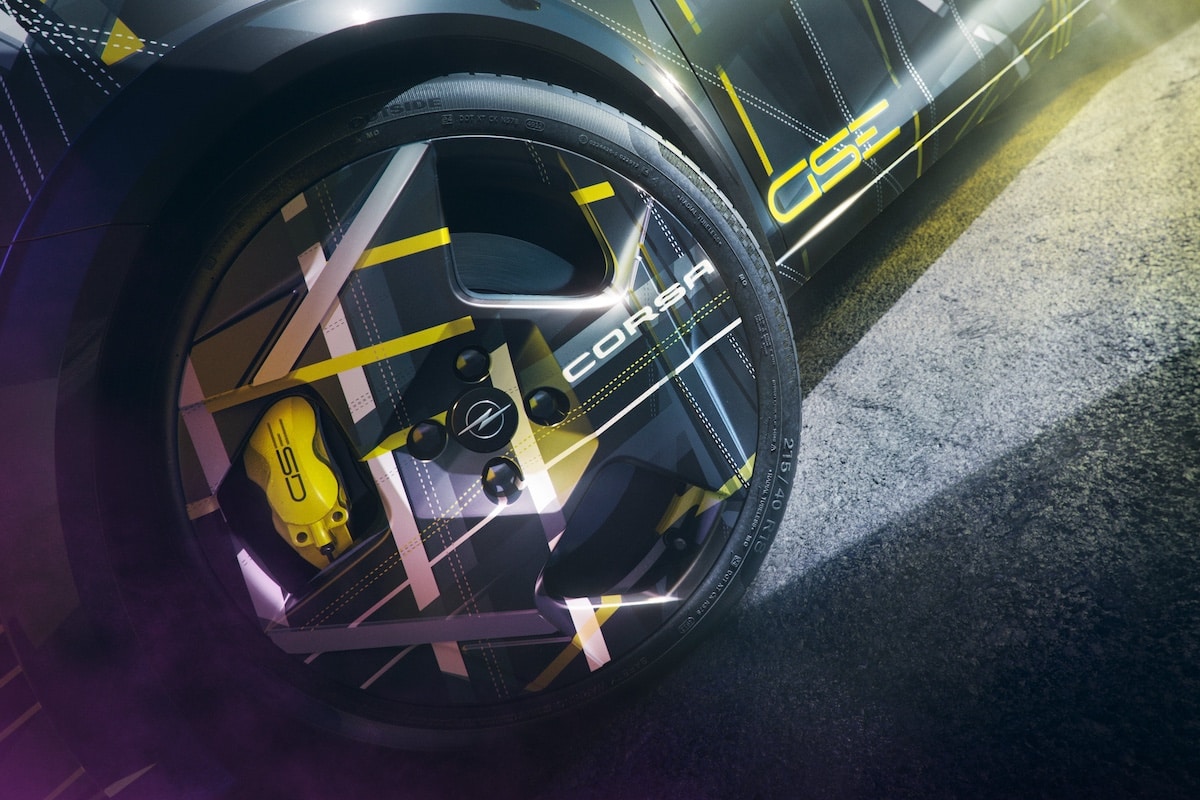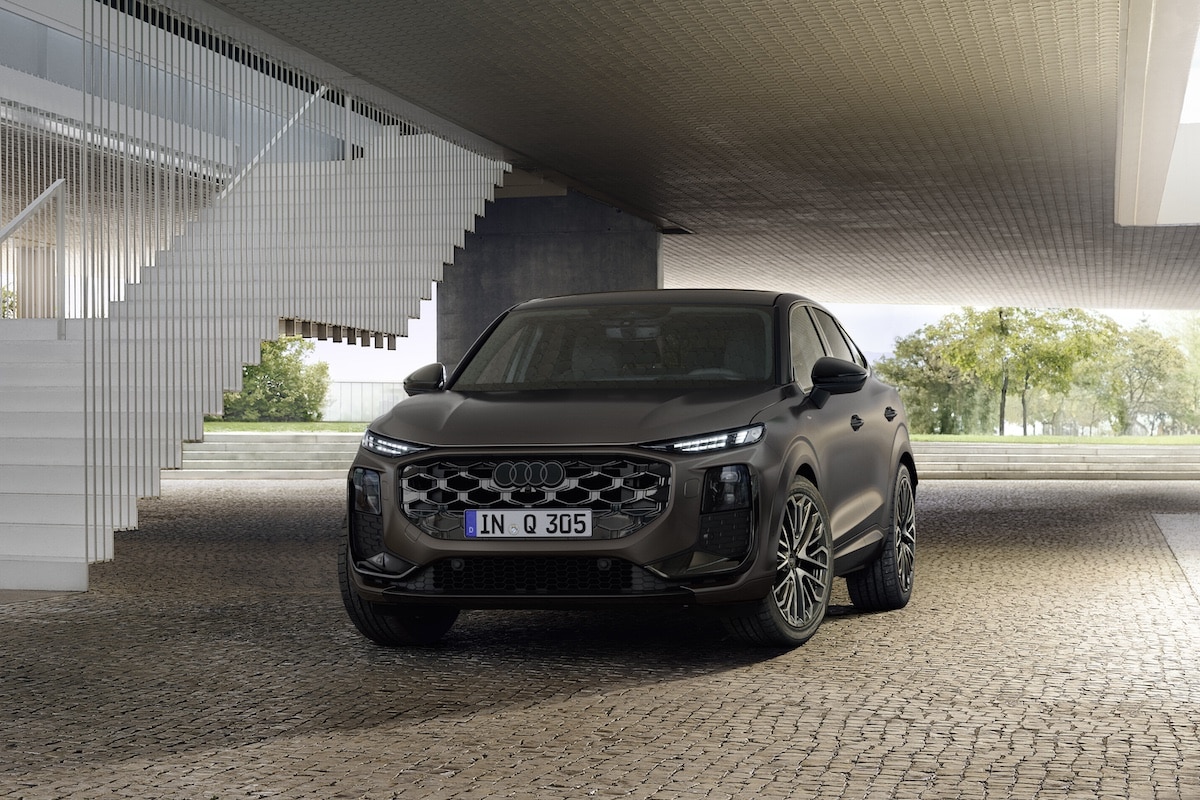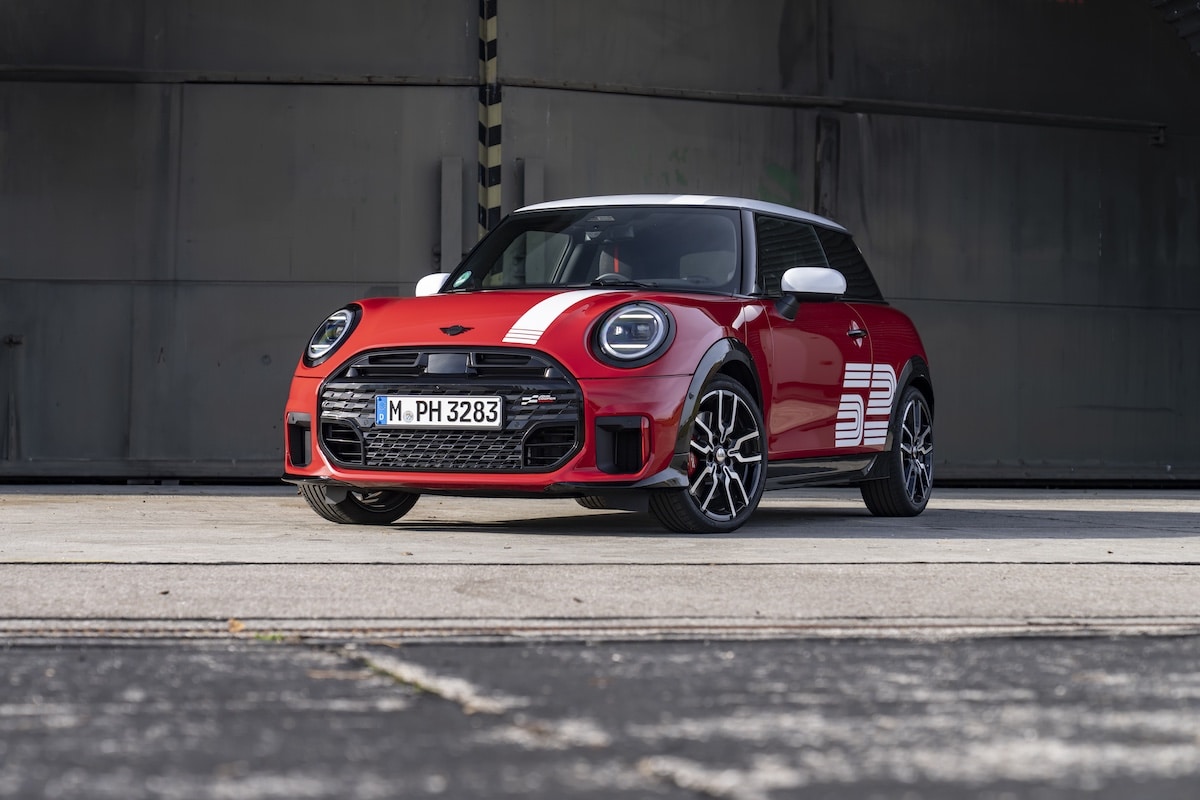Electric cars: Volkswagen Group seeking independence
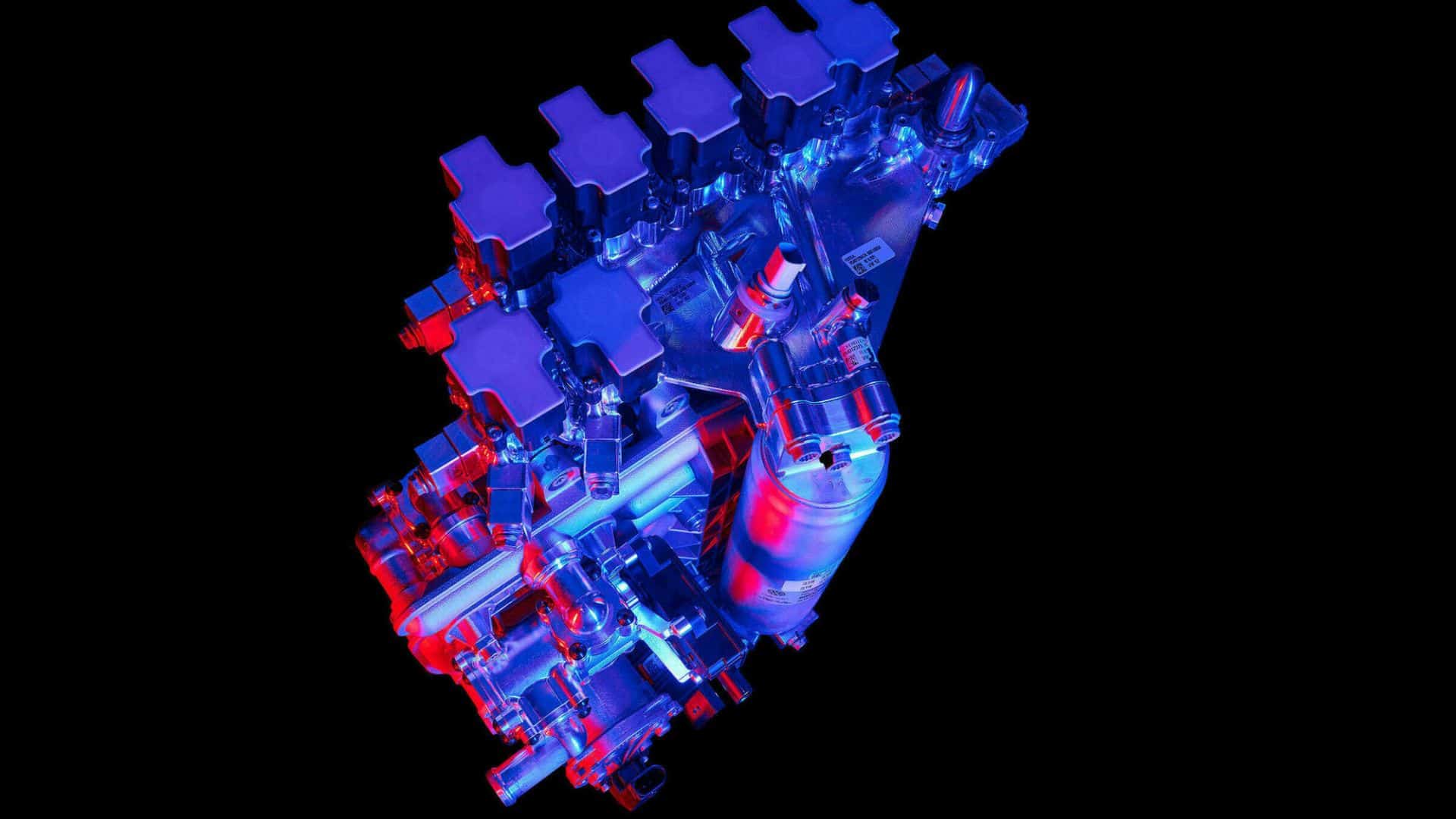
For the powertrain of its upcoming electric cars, the Volkswagen group aims to be independent.
The Volkswagen group wants to maximize the internal development and production of the powertrain for its upcoming electric vehicles. The German manufacturer, which is already working on batteries and motors, is now focusing on inverters and thermal management systems, other essential components of the powertrain. Its goal is twofold: to improve the efficiency of its models, of course, but also to reduce costs and ultimately the price of electric vehicles.
“The size and scope of our Group as well as our internal expertise allow us to achieve significant economies of scale, benefiting our customers and the quality of our vehicles”, says Olivier Blume, CEO of the Volkswagen Group. The German industrial company claims it is on the verge of becoming “one of the few automakers in the world to offer a fully optimized powertrain down to the smallest details”.
A Volkswagen inverter adapted to 500 kW electric motors
The inverter that Volkswagen engineers are working on can be used for both high-volume models and for “sports cars with a power output exceeding 500 kW” (according to Volkswagen). It will be compatible with the next generation of vehicles built on the MEB platform. From Audi to SEAT, including Volkswagen and Skoda, this architecture is used by almost all the brands in the group.
Regarding the thermal management system, Volkswagen promises significant advances, thanks to the introduction of a new module that controls both air conditioning and battery cooling. According to the German group, this technology will notably improve the range of the cars.
The group’s next major electric vehicle debut is expected to be the Volkswagen ID.7, a sedan comparable to a Passat in size. The presentation is scheduled for spring 2023. Although it is based on the MEB platform, this vehicle was apparently developed too early to benefit from the internally developed inverter and thermal management system.
Read also: Volkswagen ID. Buzz review: for trendy cool folks!
This page is translated from the original post "Voitures électriques : le groupe Volkswagen en quête d’indépendance" in French.
We also suggestthese articles:
Also read
